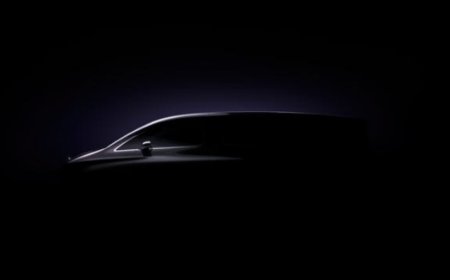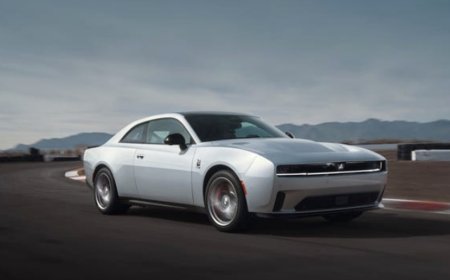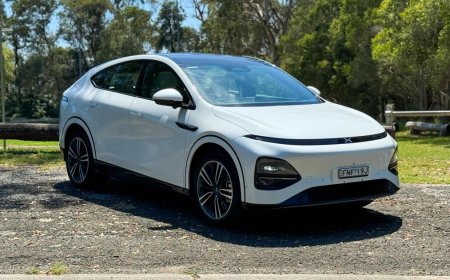Leasing is the only logical way to drive an EV
Choose any EV, get the full tax credit, and walk away from the old tech at lease end. That's how it's done.
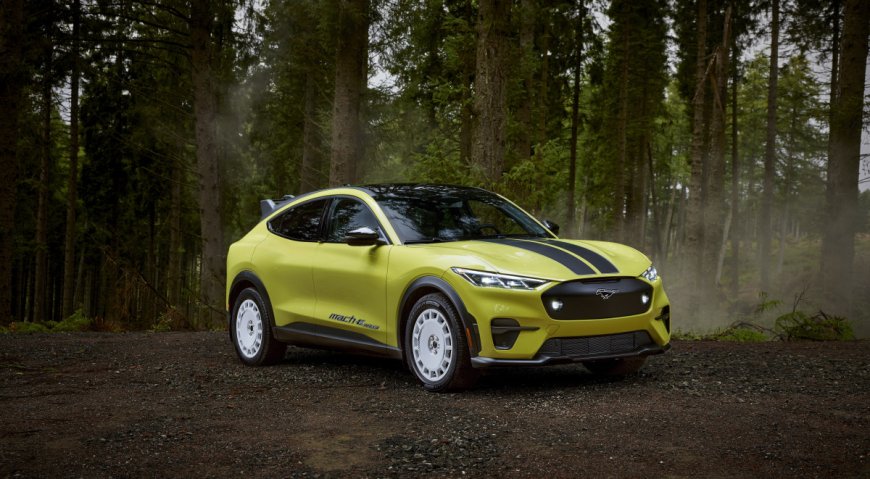
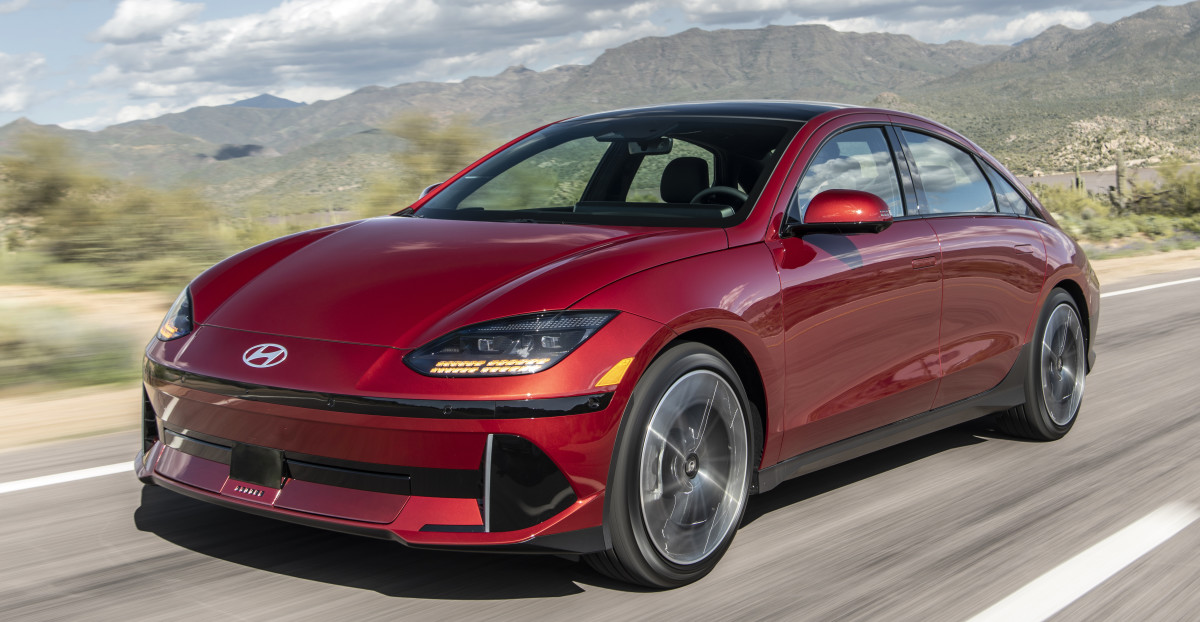
Here’s one smart tip on how to drive an electric vehicle (EV) with absolutely no hassles. You don’t have to worry about tax credits based on the origin of the battery or the vehicle because you get the full $7,500 credit on any EV you choose. Even better, at the end of the lease term, you get to walk away from what will definitely be old technology and lease the current (no pun intended) state-of-the-art EV. 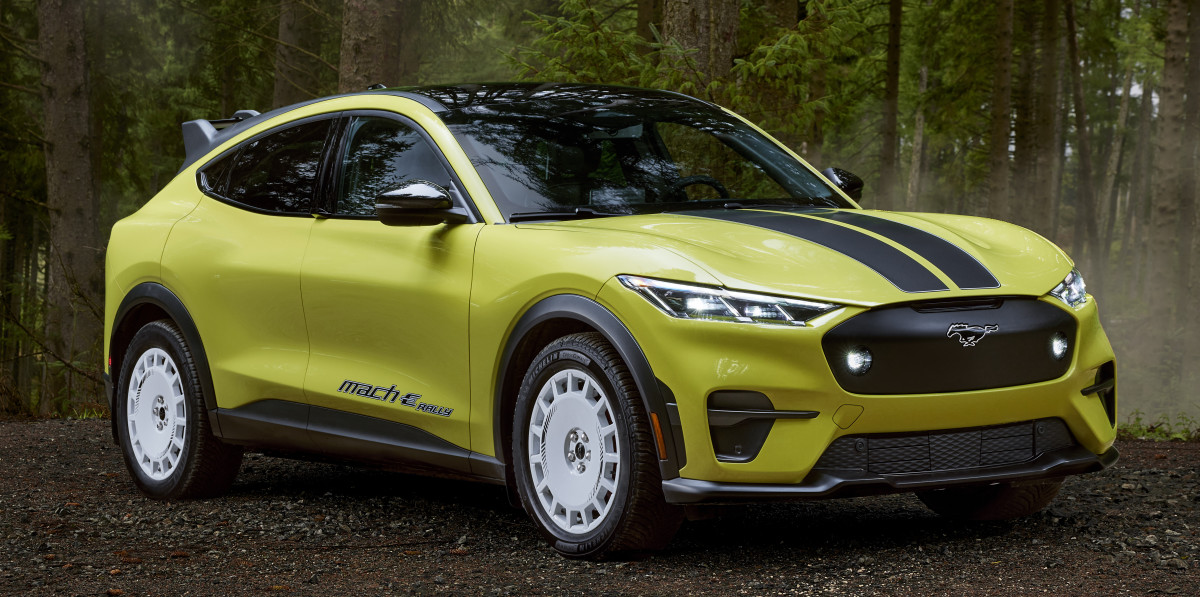
Step 1: Choose an EV, any EV
Thanks to a U.S. Treasury Department ruling dating back to January 1, 2023, consumers who lease any EV are eligible for commercial clean vehicle tax credits of $7,500. This is an entirely different matter from the incentives and restrictions the Inflation Reduction Act (IRA) places on EV purchases.
For context, the IRA mandates that battery materials be sourced from specific locations and that the vehicle be manufactured in North America. There are also MSRP price limits on eligible EVs and maximum income limits on individuals seeking to qualify for these purchase-based tax credits. None of these requirements apply to the leasing of an EV.
The reason is simple. “A lease is considered a commercial sale to the leasing company and is eligible for a separate commercial vehicle tax credit that has fewer restrictions than the consumer tax credit,” according to Chris Harto, Consumer Reports’ senior energy policy analyst. That means the $7,500 tax credit is deducted from the car's MSRP and the leasing company can offer you lower monthly payments.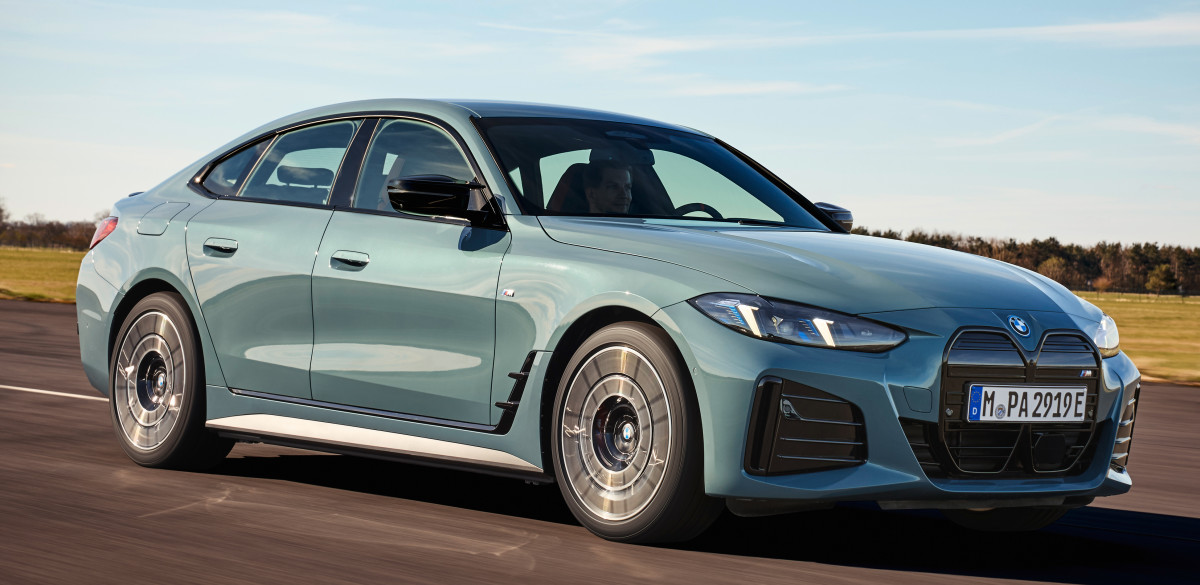
Step 2: Get the full tax credit
If you are purchasing an EV, you might get a $7,500 tax credit, a $3,750 tax credit, or no tax credit, based on the origin of its battery materials and where it was built. When you lease, none of this matters, and you get the full $7,500, no questions asked. Just make sure that the dealer shows you on the paperwork that it has been credited.
This means that a wide variety of current EVs that are eligible for only a partial or zero IRA tax credit can be leased for the full $7,500 tax credit, including those that exceed the IRA limit of $80,000 MSRP. These vehicles include current models of:
- Audi Q4 e-tron/Q8 e-tron/e-tron GT
- BMW i4/i5/i7/iX
- Fiat 500e
- Ford Mustang Mach-E
- Genesis GV60/Electrified GV70/Electrified G80
- GMC Hummer Pickup/SUV

- Hyundai Kona EV/Ioniq 5/Ioniq 5N/Ioniq 6
- Kia Niro EV/EV6/EV9
- Lucid Air
- Mercedes-Benz EQB/EQE (incl. SUV)/EQS (incl. SUV)
- Nissan Leaf/Ariya
- Polestar 3/4
- Porsche Taycan
- Rivian R1S/R1T
- Rolls-Royce Spectre
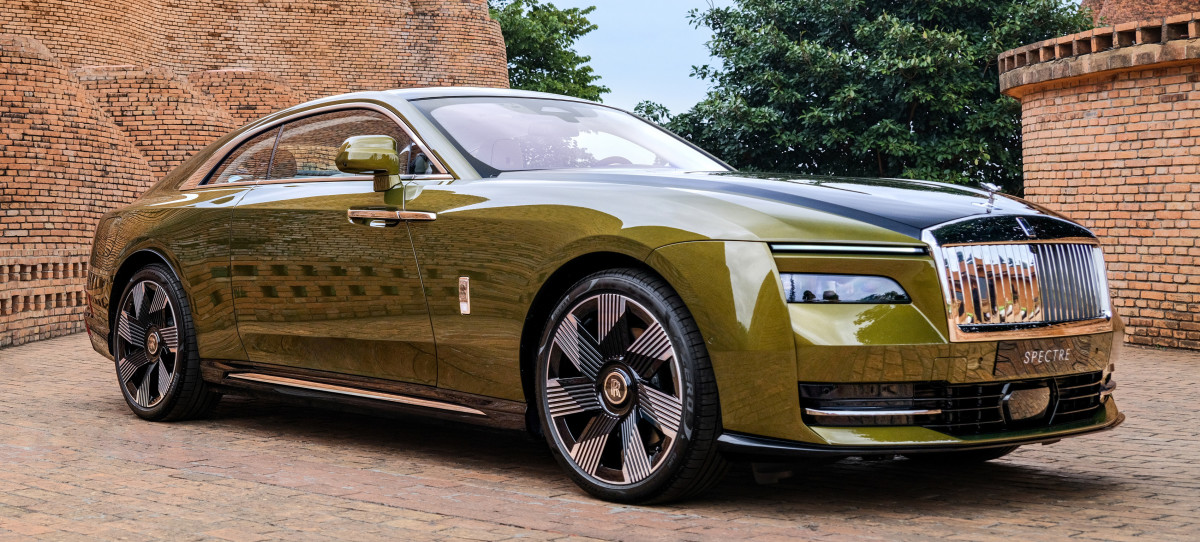
- Subaru Solterra
- Tesla Model S/Model X/Cybertruck
- Toyota bZ4X
- VinFast VF8/VF9
Please keep in mind that due to IRA requirements, some of these (such as Hyundai’s Ioniq 5 and Kia’s EV6) will be built in the U.S. as of 2025 and may become eligible for a partial or full purchase tax credit.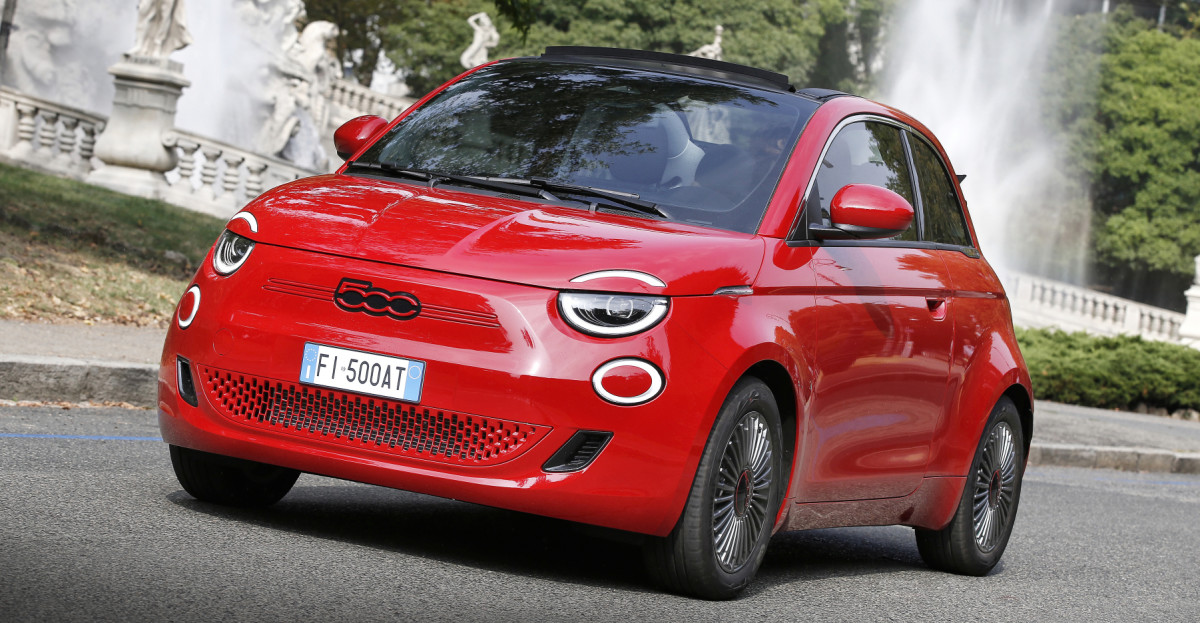
Step 3: walk away from old technology at the end of your lease
The biggest advantage, as mentioned earlier, is that leasing an EV allows you to avoid being tied to a vehicle with technology that will undoubtedly be outdated by the end of your lease. EVs are projected to be powered by lighter, faster-charging solid-state batteries by the latter part of the decade. This will make the liquid electrolyte lithium-ion batteries that cpower most EVs decidedly ancient tech.
Advancing technology could also greatly reduce the resale value of older EVs, which you are insulated from when you lease. Your residual value is locked in on a lease, whereas the ultimate resale value of a purchased EV at any point in time is subject to many factors, not least of which is any price reductions made by the manufacturer while you owned your EV (hey, it happened to Tesla owners!).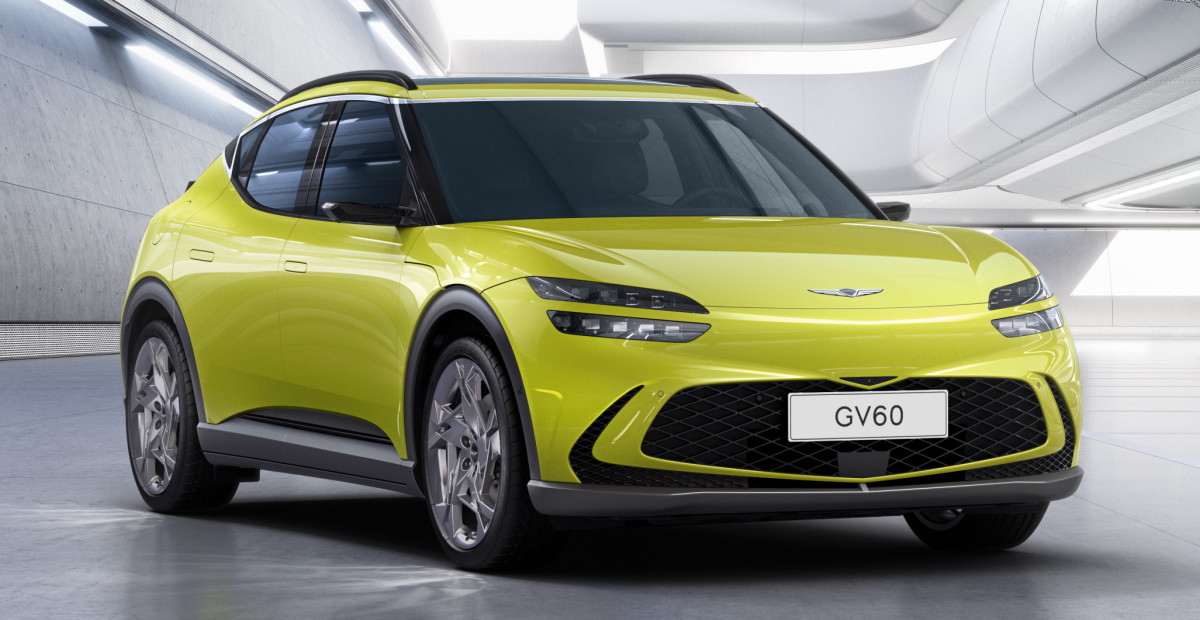
Final thoughts
As everyone knows by now, the Trump administration will be taking office in January. The president-elect has promised sweeping changes to the current IRA and its favorable EV incentives. What this means for EV buyers is that the IRA purchase tax credits could partially or fully go away during the next legislative session of Congress.
In addition, even though the current lease credit is aimed at commercial buyers (with individuals also benefitting), it is not out of the realm of possibility that this too could be curtailed or eliminated. So if you are considering an EV, now is the time to act.


